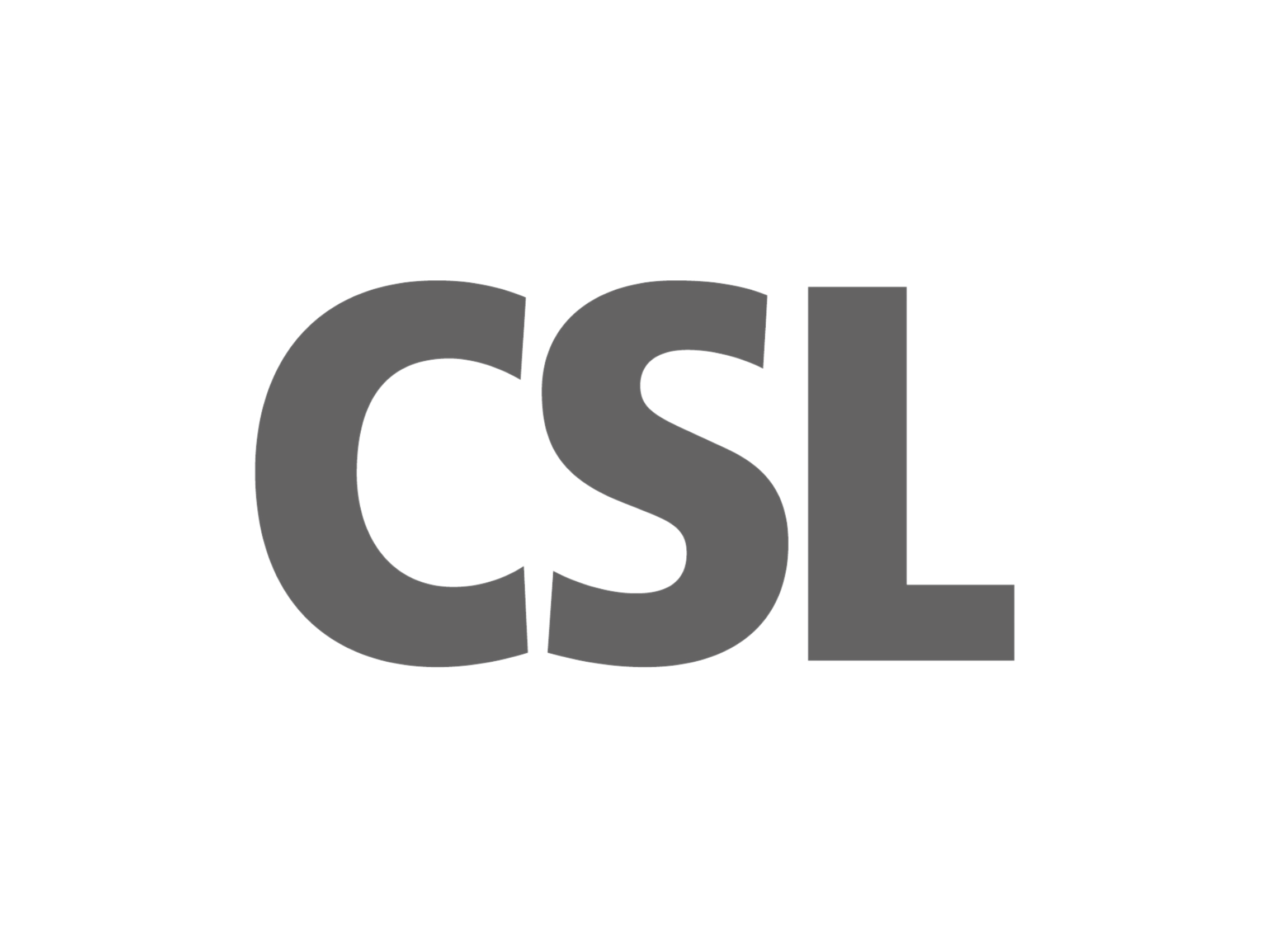The Alpha-1 Foundation congratulates Haystack Project for their success in getting the Access to Rare Indications Act introduced yesterday, led by Representatives Matsui (D-CA) Thompson (D-CA), Kelly (R-PA) and Mullin (R-OK). The Foundation is proud to be a member of the Haystack Project, a non-profit enabling rare and ultra-rare disease patient advocacy organizations to highlight and address systemic obstacles to patient access.
WASHINGTON, D.C. – Today, Congresswoman Doris Matsui (D-CA) and Reps. Mike Thompson (D-CA), Mike Kelly (R-PA), and Markwayne Mullin (R-OK) introduced the Access to Rare Indications Act of 2021, legislation to support patients with rare and ultra-rare diseases in getting evidence-based, medically necessary care covered by their health insurance.
Over 90% of rare diseases have no FDA-approved treatment, leaving many rare and ultra-rare disease patients facing serious and life-threatening illness to rely on off-label use of drugs approved by the FDA for more common conditions. In addition to the FDA-approved label, this legislation will allow Medicare and Medicaid to use additional sources including compendia, peer-reviewed literature and the opinion of rare disease experts to meet medically accepted criteria that ensure coverage for rare disease treatment. It will also require private payers to create an expedited review pathway for formulary exception, reconsideration, and/or appeal of any denial of coverage for a drug or biological prescribed for a patient with a rare disorder.
“Access to the best medical care is crucial for patients living with rare and ultra-rare diseases, and too often these patients cannot get the evidence-based care they need,” said Congresswoman Matsui. “The community of rare patients deserve access to medically necessary treatments, the same way patients with more common conditions are covered by their health insurers. Our current system for determining coverage of certain drugs is limited when it comes to our rare diseases. That’s why I introduced this bill to ensure that rare and ultra-rare patients are no longer denied access to the care prescribed by their doctors.”
“Constituents have told me that expanding access to treatment for rare diseases is going to make a big difference for patients in our district and nationwide,” said Rep. Thompson. “That’s why I’m proud to be a lead co-author of the Access to Rare Indications Act that will improve access to treatment and lower costs for patients living with rare disease.”
“Modern medicine has the potential to address many of the most serious diseases we face, but too often people with rare and ultra-rare diseases don’t have the opportunity to benefit from these new cures,” said Rep. Kelly. “In some instances, there simply aren’t enough patients with a rare disease to run a full clinical trial. That’s why we need to empower doctors to make the best decision for their patients, using all the clinical data which is currently available. The Access to Rare Indications Act will do just this, and guarantees patients have every opportunity to access life-saving cures in a way that works for them.”
“Rare conditions are labeled ‘rare’ for that very reason – that there are indeed so few patients with these conditions, that as a result they are forced to seek alternative treatments aside from those deemed ‘standard,’” said Rep. Mullin. “Every American deserves the right to quality care, especially those walking a road seldom traveled.”
Patients, as well as health care providers, physicians, and non-profit organizations, are applauding the introduction of this legislation that will have a huge impact on their daily lives.
“Although there is only one FDA-approved therapy for my rare condition, pemphigus, there are several other off-label drugs that are used as standard of care for patients like me,” said Janet Segall, a constituent of Congresswoman Matsui. “Unfortunately, the off-label treatments are not covered. Also, there isn’t even an appeal process that’s easily accessible, even though my doctors tell me these treatments are standard of care for my disease. In the meantime, all the delays make my symptoms worse, cause a lot of pain, and make things near impossible financially. The Access to Rare Indications Act will give rare disease patients like me access to the treatments my doctors think is best for me and are considered medically acceptable for pemphigus. This will help me and so many other patients, so thank you for tackling this important issue for all of us. Living with a rare disease is hard enough without having to be denied access to the treatments I need.”
“We look forward to the enactment of this important legislation so that our community of rare patients can get the treatments their providers think best for them,” said Deanna Darlington, the incoming Haystack Project CEO.
Congresswoman Matsui has been a longtime advocate for the rare disease community. She is the author of the TRANSPLANT Act, which renews the federal programs that ensure continued access to lifesaving therapies for those who suffer from blood cancer and blood disorders. The bill was signed into law by President Biden in May 2021. This Congress, Matsui also leads the BENEFIT Act, which would provide patients and patient advocates with the ability to play a larger role in the Food and Drug Administration’s (FDA) benefit-risk framework for drug approval.
# # #











